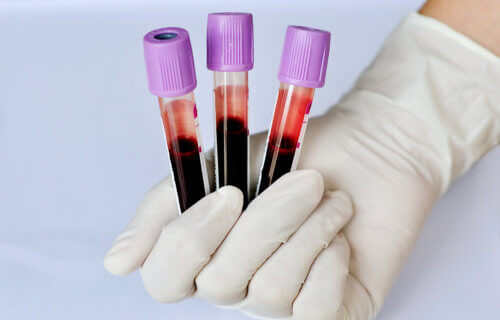KYIV, Ukraine — Blood treatments from younger donors do little to extend the lifespans of older people, according to a new study. However, a team from Ukraine warns that exposure to “old blood” can actually accelerate aging and shorten lives!
Their study examined the impact of blood sharing between two mice, one young and one old. Scientists surgically connected the two animals for three months, in a process called heterochronic parabiosis. This exposed the older mouse to healthy young blood and exposed the younger mouse to older blood cells.
After three months, researchers disconnected the mice and studied how exposure to each other’s blood impacted their longevity. While exposure to “young blood” did not have a significant impact on the older mice, younger mice saw their health seriously deteriorate after receiving “old blood.”
“The most robust and interesting result of this study is the fact of a significant decrease in the lifespan of young mice from heterochronic parabiotic pairs,” the investigators, led by study author Iryna Pishel, write in a media release.
“These data support our assumption that old blood contains factors capable of inducing aging in young animals. Finding and selective suppression of aging factor production in the organism could be the key research field for life extension.”
“This work clarifies the question whether the young blood or old blood control longevity, which has been debated. Are there lasting effects of heterochronic parabiosis and if so, is it a rejuvenation or aging?” adds Irina Conboy from the University of California-Berkeley.
“The work by the Pishel group established that the lifespan of the old mice does not increase after being parabiosed to young mice. In contrast, the young animals that were joined with the old mice suffer a shortened lifespan, even after being disconnected. This discovery is important in establishing the accurate direction for clinical anti-aging approaches and in providing key scientific evidence against the potency of the young blood factors in an aged organism. This work neatly follows the previously published by this group report that infusions of young blood plasma into mice, does not increase their lifespan.”
The study is published in the journal Rejuvenation Research.

